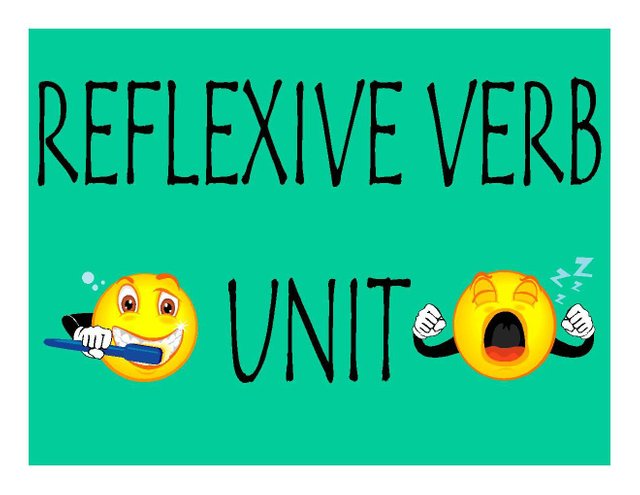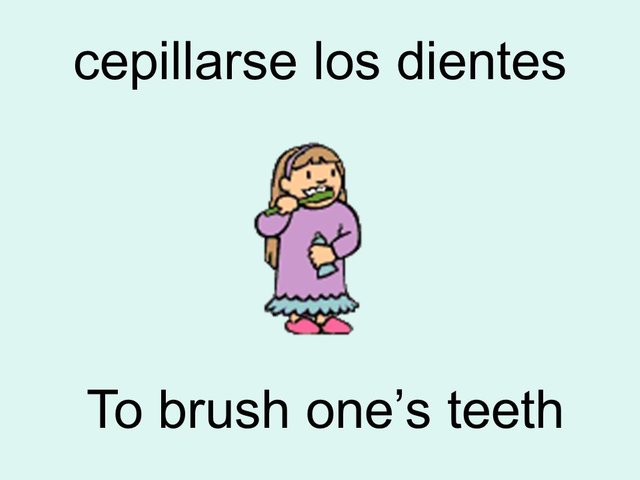Reflexive verbs are used to describe something that one does to or for oneself (generally). Many times, we use reflexive verbs in Spanish (and English) when we are describing routines we do throughout the day.

For example, in English we say I wake up at 7:00am.
If we were to literally translate this same sentence from Spanish, (Me despierto a las 7:00 de la mañana) we would have I wake myself up at 7:00.
So, there are many things in Spanish that just do not directly translate well to English. Trust me, I know.
When dealing with reflexive verbs, the subject and object of the sentence refer to the same entity.
So, giving an elderly person a bath (who can't do it themselves) is not reflexive, but giving oneself a bath is.
Yo baño a la mujer vieja. = I bathe the old woman.
Yo me baño. = I bathe myself.

The verb "to bathe oneself" is bañarse. This se at the end of the infinitive (root) of the verb lets me know that it's reflexive.
Here's how we would conjugate the verb bañarse for different subjects:
Yo me baño = I bathe myself
Tú te bañas = you bathe yourself
él/ella/usted se baña= he/she/you (formal bathes himself/herself/yourself)
nosotros(as) nos bañamos = we bath ourselves
vosotros os bañáis = you all (Spain) bath yourselves
ustedes/ellos(as) se bañan = you all (Latin America + Spain (formal))/ they bath themselves
The reflexive pronouns are as follows:
me (used for I), te (used for you), se (used for he/she/you formal), nos (used for we), os (used for you all (Spain), and se (used for they and you all everywhere else).
Let's take another verb: cepillarse = to brush oneself
Now, in English we would say: I brush my teeth. In Spanish, we use the reflexive verb cepillarse with los dientes meaning teeth.

Let's conjugate by removing the se at the end of the verb and changing it to fit its subject. Remember the reflexive pronouns:
me, te, se, nos, os, se
Yo me cepillo los dientes. = I brush my teeth.
Tú te cepillas los dientes. = You brush your teeth.
Victor se cepilla los dientes. = Victor brushes his teeth. (We include any third person singular subjects in this conjugation)
Nosotros nos cepillamos los dientes. = We brush our teeth.
Vosotros os cepilláis los dientes. = You all (Spain) brush your teeth.
Ustedes se cepillan los dientes. = You all brush your teeth. (Latin America (all the time) and Spain (formal))
Other examples of reflexive verbs are:
Me acuesto a las 10:00 = I go to sleep at 10:00.
Te duchas una vez al día. = You take a shower (shower yourself) once a day.
Ella se peina el cabello en la mañana. = She brushes her hair in the morning.
Nosotros nos hablamos. = We talk to ourselves.
Vosotros os escribís cada semana. = You all (Spain) write each other once a week.
Ellos se ven los sábados. = They see each other on Saturdays.
Hope you found this lesson interesting! Please follow and upvote for more content!
thanks for sharing
Downvoting a post can decrease pending rewards and make it less visible. Common reasons:
Submit
Thanks for visiting.
Downvoting a post can decrease pending rewards and make it less visible. Common reasons:
Submit
I didn't plan on learning Spanish on steemit, I thought I'd wait until I finished reviewing all my advanced Japanese grammar but I appreciate your posts, maybe I can learn passively just by reading them.
Downvoting a post can decrease pending rewards and make it less visible. Common reasons:
Submit
That would be really cool!
Downvoting a post can decrease pending rewards and make it less visible. Common reasons:
Submit